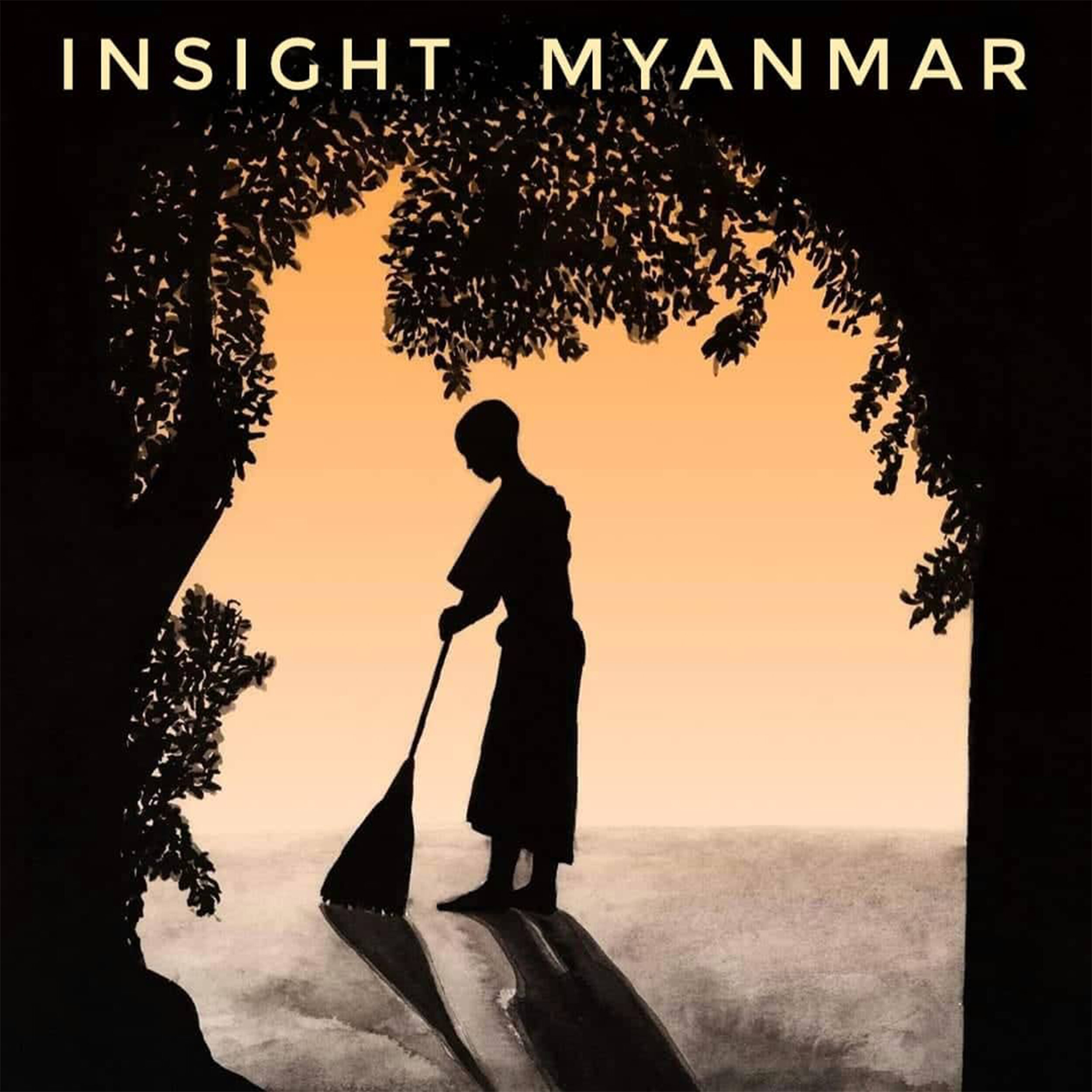Episode 36: The Power of Mettā in Action
For Sayalay Chandadhika, a Burmese Buddhist nun living in Germany, the answer is mettā (loving kindness meditation). But what was the question? It was not about meditation instructions, what her main practice is, or a piece of advice to someone struggling with a troubled relationship. No, it was her response to a question about how to best face the serious social and political challenges afflicting Myanmar today, as well as her insight into what is animating the Burmese protest movement.
In looking back at the turbulent recent history of her country, Sayalay Chandadhika sees a never-ending spiral of destructive patterns that continue to produce the same disastrous results. So, in her words, the response is clear: “We need another method, and I cannot see another method rather than mettā.”
Rather than viewing her country as a group of embittered, combative cliques at war with each other, Sayalay Chandadhika feels that through the lens of mettā, it is more helpful to view it as something like a dysfunctional family—not without serious problems, but a family nonetheless. Expanding on this metaphor, she says it’s like there are two sons in the family, an older, more polite one, and a younger, more unruly one. The family should not just kick the younger son out and disown—and certainly not hate—him, but rather help him see the error of his ways and welcome him back lovingly into the arms of the family, or in this case, to build a society as an integrated and harmonious community.
Sayalay Chandadhika strongly believes that this is not merely some optimistic or naïve way to engage with a difficult situation like Myanmar’s present circumstances, it is actually the very spirit we are seeing right now on display during the country’s daily protests. As an example, she describes a particularly tense standoff between protesters and police, which was defused by civilians offering the officers cool water on a hot day. She notes that this wasn’t merely a clever tactic to trick the police towards gaining some tactical advantage, rather it was a simple and generous action borne out of a mind trained in mettā. Moments like these give Sayalay Chandadhika a sense of hope that the country’s past destructive patterns are finally being broken.
Such actions support her hope that, with mettā, Myanmar can begin to work towards integration, rather than disintegration, and together build a unified community which welcomes and includes all ethnicities, cultures and religions.
Sayalay Chandadhika describes something truly stunning: a people whose lifelong spiritual practice of cultivating wholesome tendencies now finds itself facing the aggression of a professionally trained military with just those positive qualities of mind, like mettā, as their “weapon” of choice for self-defense. In her description, we can see how the non-violent struggle of the Burmese people today —in large part grounded in their Buddhist practice and identity—has firm connections with the Civil Rights Movement in America and Gandhi’s crusade in India.
When Sayalay Chandadhika was observing the military coup overtake her native country earlier this year, like so many Burmese expats, she was heartbroken. As a Burmese Buddhist nun watching from Germany, she was appalled at the division being shown between the people and the military. Looking at this more closely, she began to see this drama as that of a dysfunctional family playing out, on a much larger scale. And so the solution, she came to realize, had to involve some form of reconciliation of all parties, of finding harmony and resolution from all sides of the conflict.




